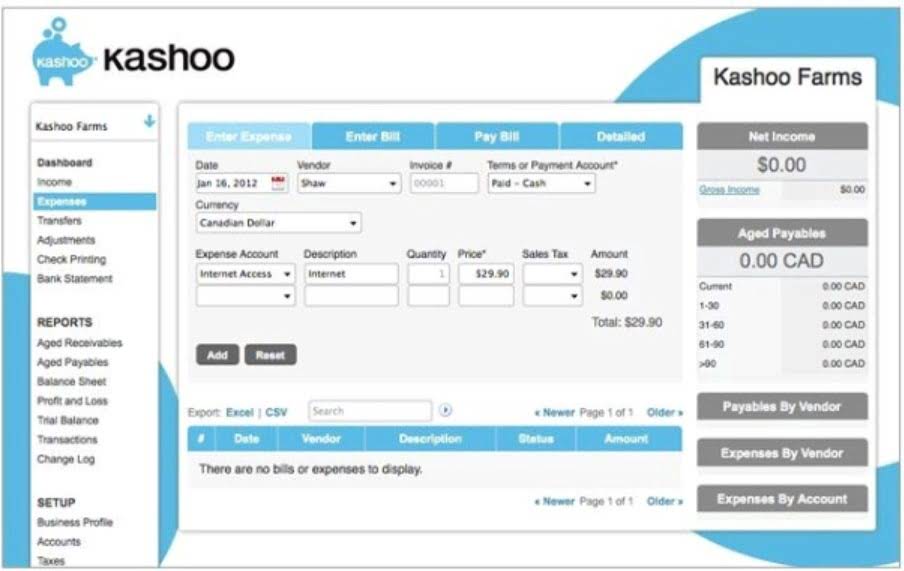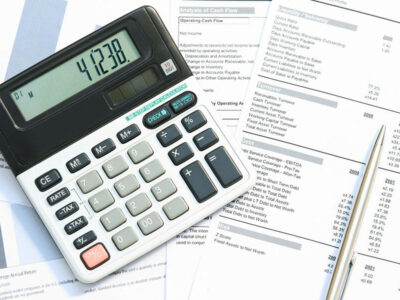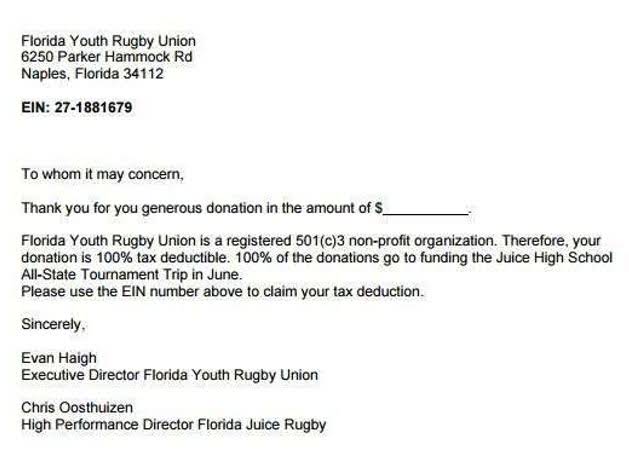
Small, periodic, or one-off costs for clothing required for your work — such as a uniform or protective clothing, can be considered for deductions. Also, most miscellaneous costs can’t be deducted from your taxes as some other business costs can. They can therefore have a significant impact on the net profit of an organization. Businesses should track and write down all of their miscellaneous costs to reduce their financial burden and save as much money as possible on taxes.
Defining miscellaneous expenses in accounting

In India, knowing where every rupee goes helps your business stay strong and ready to grow. It allows companies to stay ahead of market fluctuations and leverage competitive advantages within their industry. Implementing proactive vendor management strategies creates a well-structured foundation, fostering resilience amidst changing market dynamics and economic uncertainties.
Office Supplies and Small Equipment

You may need to cover commuting expenses, meals, lodging, and other expenses while on the road. For example, expenses incurred during a temporary work assignment or for conventions can be included as a write-off according to the IRS, as long as they’re proven to be necessary and benefit the business. A line item with the miscellaneous expense designation is commonly used in the income statement, and aggregates the amounts of several minor expense accounts. If this aggregate line item were not used, the income statement would contain so many line items that it would not fit within a single page. A sample presentation of an income statement that includes a miscellaneous expense line item appears in the following exhibit.
Amortizable Premium on Taxable Bonds
At the time of delivery, it was found out that a special logo was not pasted on 500 shoes. The company spends Rs. 10,000 extra for those special logos Bookkeeping for Painters and sticks them on the 500 shoes. This additional Rs. 10,000 is known as a miscellaneous expense as it does not fall into the category of any regular expenditure, and it is a small amount. Therefore, while preparing the balance sheet, XYZ company classifies Rs. 10,000 under miscellaneous expenses. These expenses are often unforeseen or irregular and do not usually fit budgetary allocation. Though they are insignificant individually, together, they can add up and impact an organisation’s budget over time.

Related AccountingTools Course
- On the other hand, travel expenses are costs an employee must pay when they travel for work.
- Tools and supplies refer to items that are necessary for the operation of your services (such as small tool expenses) and can be categorized as miscellaneous expenses.
- Tracking miscellaneous expenses isn’t just about organization; it has a direct impact on tax savings.
- Travel expenses encompass airfare, accommodation, and meal costs, which can vary significantly depending on the frequency and distance of travel.
- Miscellaneous expenses are business expenses that do not fit within any other category on an itemized tax return.
- If a business purchases a bond at a premium (paying more than the bond’s face value), the excess premium can be amortized to reduce taxable interest income over time.
Also known as sundry, out-of-pocket, general or incidental expenses, different companies refer to miscellaneous costs differently depending on the industry and context. Miscellaneous expenses refer to costs incurred by a business or individual that do not fit neatly into other standard categories of expenses. These expenses are usually small, infrequent, or irregular, and may not be directly tied to a specific department or function within the organization. These officials can deduct work-related expenses incurred in performing their official duties. Examples include supplies, travel for official business, or other miscellaneous expenses costs directly related to their work as public officials. These losses qualify as casualty theft losses, which are claimable on Form 4684 as miscellaneous business expenses.

- Accurate record-keeping is essential for proving that each expense meets IRS criteria for deduction.
- Even though I budget for a certain amount of miscellaneous expenses, it seems like this amount always ends up being larger than what I was expecting it to be.
- Miscellaneous expenses are a broad category that consists of various types of business purchases.
- Unlike other operating expenses that are necessary for the day-to-day operations of the business, miscellaneous expenses are irregular and unpredictable.
- Included in their helpful guide are some of the deductible expenses, like certain legal and trustee fees, as well as non-deductible expenses like your home security system or lunches with coworkers.
- Yes, FreshBooks can automatically import your expenses if you connect your credit card or bank account to the software.
- They’re expensed in the period in which they are incurred, directly affecting the net income of the business.
She has more than five years of experience working with non-profit organizations in a finance capacity. Keep up with Michelle’s CPA career — and ultramarathoning endeavors — on LinkedIn. As a small business owner, you can only fixed assets claim specific expenses that are ordinary and necessary for operating. Whether you need printer ink, whiteboard markers, or a new stapler, you can write off the costs of ordinary, necessary office supplies.

Accounting
In many types of business, paying external professionals to advise you is a normal part of business. You can often write off legal fees, accounting services, tax preparation fees, and more as miscellaneous expenses. Keep track of fees you pay for consultants and services from outside professionals who advise you on business matters, because those miscellaneous expenses are tax deductible. Accounting for miscellaneous costs can be hard because it often requires sorting out different costs and putting them in the right category. For businesses, it is essential to understand what counts as miscellaneous expenses, how to record them accurately, and how they affect financial statements.
